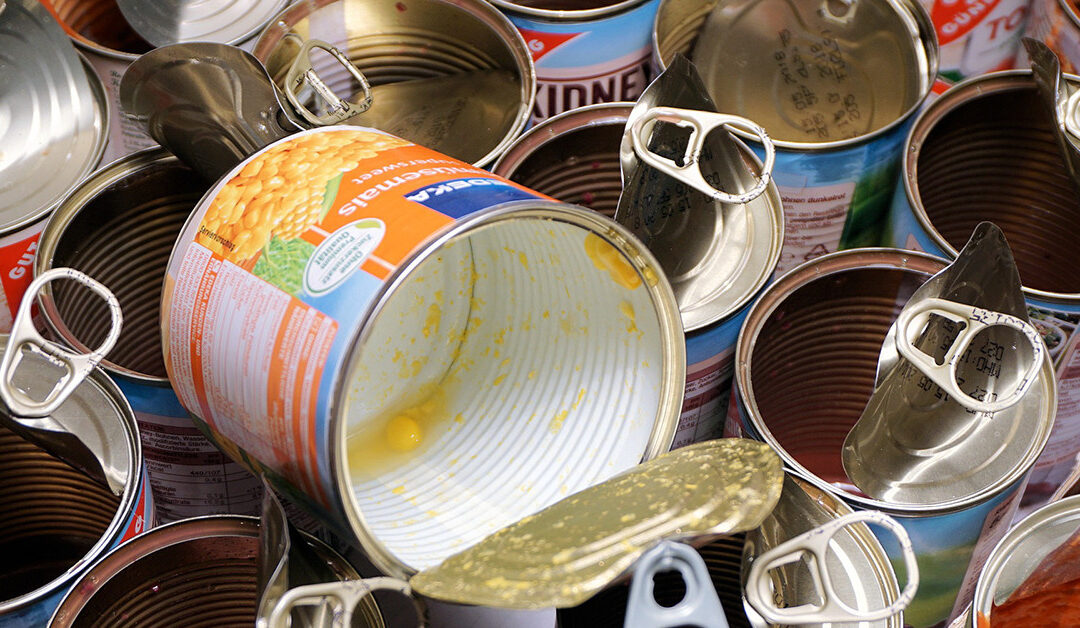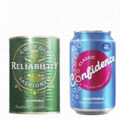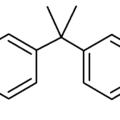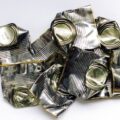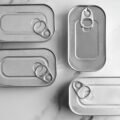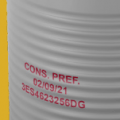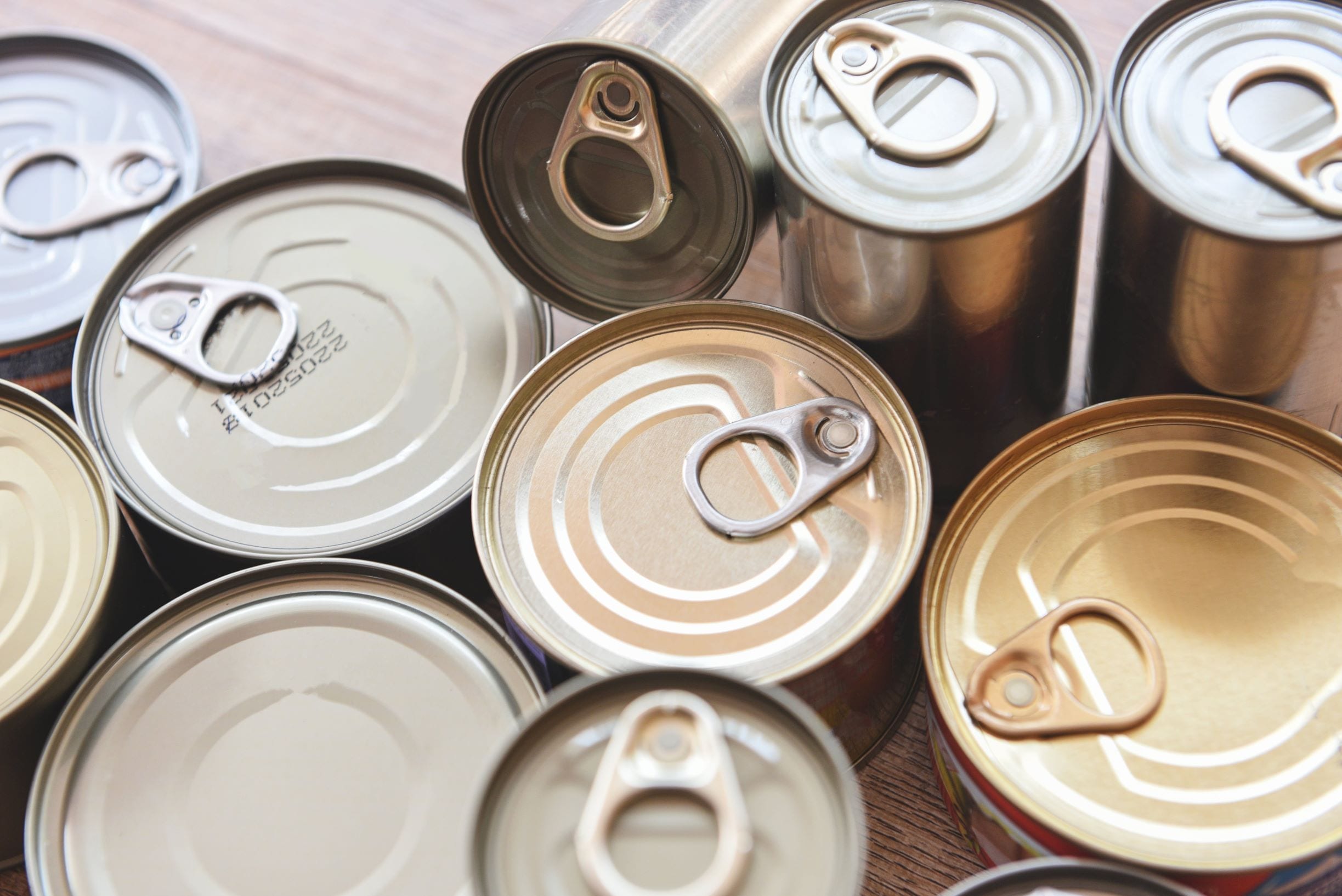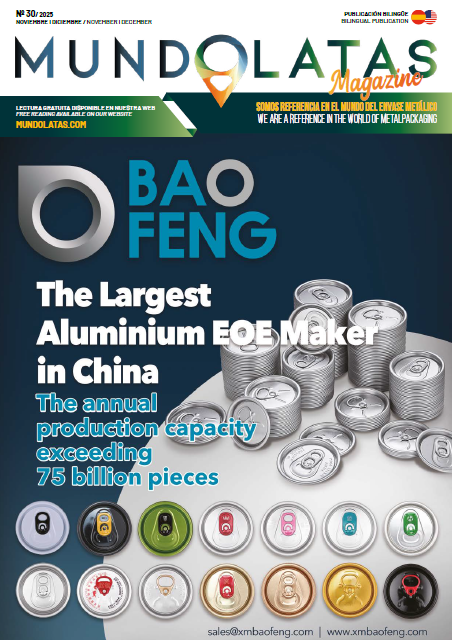The European Food Safety Authority (EFSA) has recommended a new assessment on bisphenol, a chemical found in various objects and food packaging. It has been banned since 2018 for the manufacture of plastic for baby bottles, but is still used in interior packaging such as cans and boxes for food storage, as well as bottles, cosmetics and papers. It is examined by EFSA because it is a potentially toxic additive that comes into contact with food and can alter its metallic taste and increase its shelf life.
The Expert Food Safety Authority (EFSA) has stated in its recent assessment that exposure to bisphenol A (BPA) presents problems for consumers of all ages. A recent analysis by experts indicates that consuming some substances in small amounts can have a detrimental effect on the immune system. Basically, ingesting even very small amounts of this substance can cause autoimmune disorders such as allergies.
Bisphenol is a chemical found in common products such as plastic water bottles, packaging materials and other objects. This has become a major problem in recent years due to its harmful effects on human health.
Bisphenol A is capable of increasing the concentration of fats in the blood, as well as inducing their synthesis and accumulation. In this sense, there is a high risk of weight gain and obesity in the long term. Similarly, continued high concentrations of BPA favor the development of type 2 diabetes.
There are chromatographic methodologies that allow assessing that the containers are free of Bisphenol A1. Ainia has the method to quantify other related substances (BADGE, BFDGE and hydroxylated and chlorinated derivatives).
BPA can be found along with other chemical components in the manufacture of several different types of plastic, such as polycarbonate which is used to produce reusable bottles, kitchen utensils and water dispensers. This variation of plastic is generally colorless and quite resistant.
It is also used to produce protective resins found in the inner linings of cans and food and beverage cans. It is also present in cosmetic products, as well as in metal caps and glass bottles. Exposure to this compound occurs when food and beverages come into contact with the container in which they are contained.
Although there is no real contamination in food, it is still worth following the experts’ recommendations. For example, after opening a can, it is preferable to transfer the contents to a plate or glass. A concrete example would be tuna: it should not be eaten directly from the can it comes in. This is because the chemicals used to manufacture these cans can pass into the food in minute quantities.
Bisphenol is found in a variety of objects we use every day, such as toys, CDs, plastic cutlery, sports equipment and water bottles. It is present in thermal paper and inks, as well as in store receipts and public transportation tickets. The main reason is that polycarbonate contains bisphenol and is manufactured at high temperatures for easy molding, making it extremely versatile. Exposure can also occur through skin absorption when we come into contact with an object containing this chemical.
Tags: Bisphenol, effects, cans, aluminum cans, aluminum cans, canning, food, food, side effects, EU, food, bisphenol A

